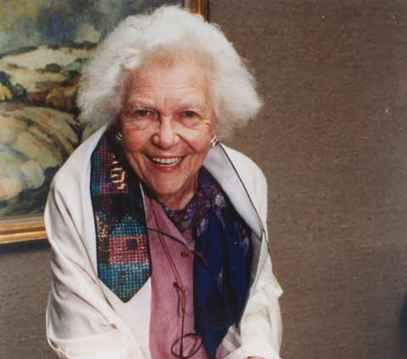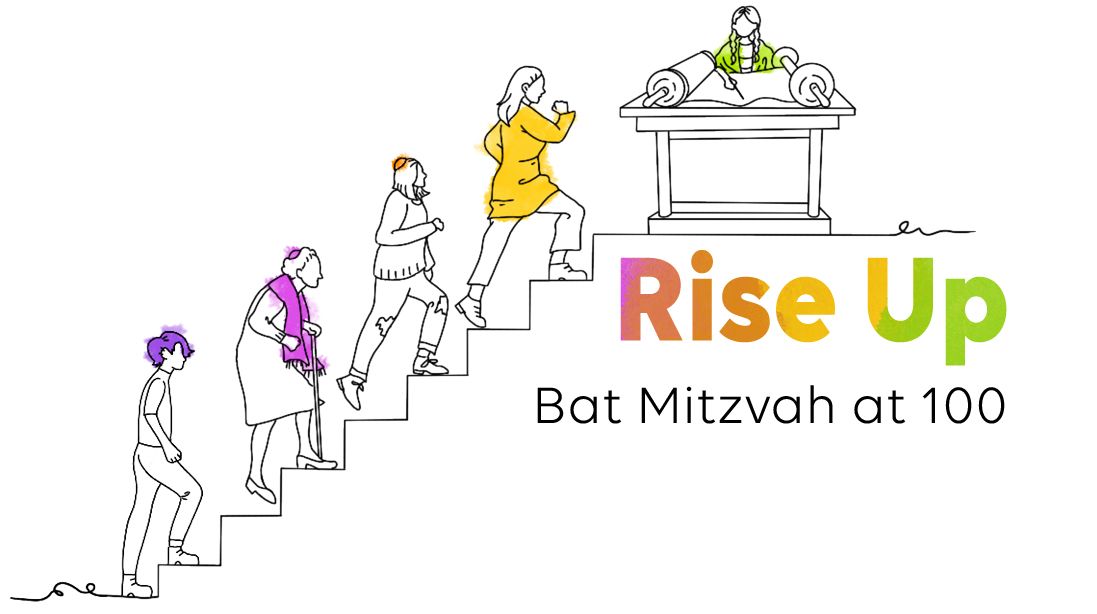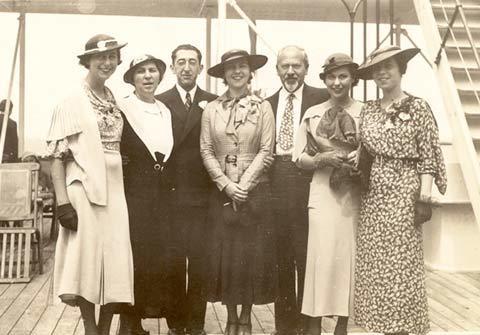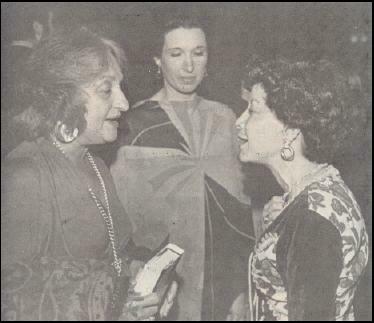Shabbat Gathering: 100 years ago, everything changed.

Chevra, as is our custom, we will gather tonight at 5.45p to welcome Shabbat. Here are the coordinates:
Zoom
Meeting ID: 963 5113 1550
Password: 1989
Phone: +1 312 626 6799
(To unsubscribe from the email, click the link at the very bottom.)

Here we go.
My ex-wife was born in 1960. She grew up in a conservodox family and attended classes at the family’s synagogue in New York City. The girls in her school participated in a “confirmation” class ceremony a couple of years after the boys in her class celebrated their individual bnei mitzvah. Girls were not allowed to read from Torah.
Years and years later, our first daughter had her bat mitzvah. There was never any question that she would be bat mitzvah. We were very active members of a Reform synagogue near San Francisco. All of our friends were members of the synagogue. Our daughters attended school there. I served on the board, sang in the choir, and was a regular at Torah Study. The synagogue and being Jewish were at the center of our lives. Our daughter having a bat mitzvah was simply what was done. Without question. Family from across North America came to the four day celebration. And my daughter did a perfect job.
During my daughter’s bat mitzvah, my ex-wife took a turn chanting the opening blessing, a portion of the parsha, and the closing blessing. So, my ex-wife became a bat mitzvah herself. It was a long time coming and what made that moment possible happened 100 years ago today when Judith Kaplan became the first bat mitzvah in America.
Judith Kaplan was the point in time when so much progress began: women becoming rabbis, women on synagogue boards, women cantors, women wearing tallit and kippot, … whenever and wherever you see a woman at gender parity in synagogue and Jewish life, it can be traced back to 12-year-old Judith Kaplan bat mitzvah 100-years-ago this Friday.

Judith Kaplan was a precocious child. She was reading English by the time she was two-years-old and started studying Hebrew when she was three-years-old. When she was seven-years-old she began attending Juilliard.
Of course, the apple didn’t fall far from the tree. Judith Kaplan was the daughter of Mordecai Kaplan and Lena (Rubin) Kaplan. As you probably already know, Mordecai Kaplan was an intellectual giant and the founder of Reconstruction Judaism.

What became of Judith?
After graduating from Juilliard, Judith went on to study at Jewish Theological Seminary and Columbia University. She wrote the first songbook for Jewish children and it’s still in print. Her project turned into a series of songbooks and she wrote Heritage of Music: The Music of the Jewish People. Judith taught music pedagogy and the history of Jewish music at Jewish Theological Seminary Teachers Institute. When classroom materials and textbooks didn’t exist, she wrote her own. And she wrote liturgical music.
When Kaplan was 50-years-old, she entered the School of Sacred Music of Hebrew Union College–Jewish Institute of Religion and received her Ph.D. She taught there and then taught at the Reconstructionist Rabbinical College.
At 82-years-old, she had her second bat mitzvah that was attended by feminist leaders including Betty Friedan. Judith died in 1996.

What the story means.
For such a consequential moment in Jewish history, there’s precious little documentation about it and the documentation that does exist doesn’t fit into the narrative I want to tell. I want to tell you about an earth changing moment for the Jewish people. But, for example, the only quote I was able to find from Judith Kaplan about that day 100 years ago is this: "No thunder sounded. No lightning struck. It all passed very peacefully." I would have preferred a quote about the historical significance of the moment. But on deeper reflection, maybe that’s not the point. Maybe Judith Kaplan’s point is that the ceremony was no big deal. Maybe the point is that her bat mitzvah normalized what should have been normal all along: gender equality.
And may it be for all of us a blessing. See you tonight! We will honor Judith Kaplan!
All my love,
brian.